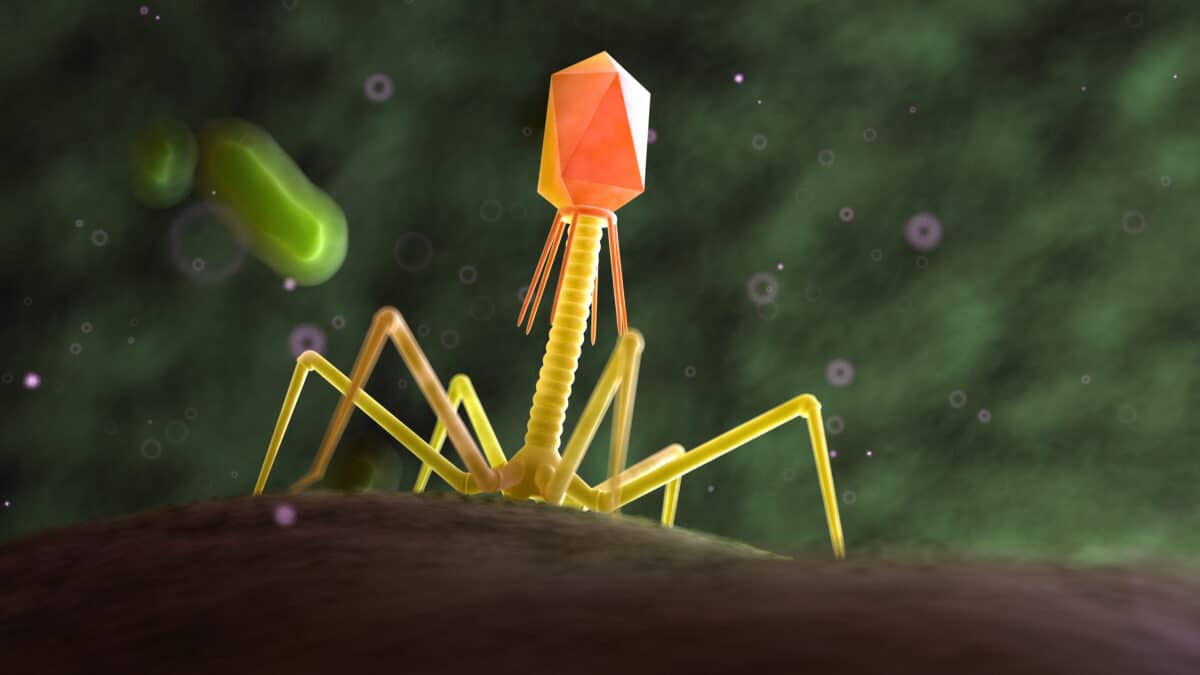
DNA

Primate Phylogenetics Researchers Swinging from Tree to Tree

Who Misrepresented Who? A Response to John Farrell

More From Jerry Coyne

Testing the Orchard Model and the NCSE’s Claims of “Nested Patterns” Supporting a “Tree of Life”
In my previous post responding to the National Center for Science Education’s (NCSE) attacks on Explore Evolution‘s treatment of biogeography, I explained that there are many examples where there is inconsistency between evolutionary expectations of biogeography and plate tectonics. The NCSE is thus wrong to have claimed that “The consistency of these sorts of nested patterns cannot be explained without reference to common descent. The creationist ‘orchard’ is scientifically meaningless, since it makes no predictions.” * The classical “universal common descent” view is contrasted with the orchard model at below: The NCSE’s claim is perplexing because, as noted, the NCSE also claimed that “continuity [between biogeographic and evolutionary patterns] is what would be expected of a pattern of common descent, Read More ›

Evolution Reads Like “Scroll,” Pope Says
For some unknown reason, the recent confab of scientists and theologians at the Vatican has gone largely unremarked by the mainstream media. But our colleague Bruce Chapman was paying attention and has some thoughts on the Pope’s address to the scientists, philosophers, theologians and others in attendance. Read all about it here [link expired]. Pope’s Wise, if Limited, Message on Evolution The Vatican has still not really dealt adequately with the issue of Darwinian evolution, but on evolution broadly Pope Benedict XVI continues to make more sense than anyone else in the hierarchy. His greeting last Friday to the Pontifical Academies of Science conference that is now concluding in Rome is well worth reading. The conference as a whole appears to have Read More ›

Ayala Plays Both Sides
Many readers of Scientific American Magazine have recently written me about the new article, “The Christian Man’s Evolution: How Darwinism and Faith Can Coexist.” Most have pointed out how fatuous Ayala’s view of God comes across. As author Sally Lehrman writes, seeming to think this very clever, Ayala (and “science-savvy Christian theologians”) “present a God that is continuously engaged in the creative process through undirected natural selection.” (bolding added)This line, of course, prompted much talk of square circles and Christian atheists, as well it should. Writes one reader, “You mean: ‘a God who is continuously engaged’ by being completely unengaged?” But apart from the clear contradiction in this thinking, Ayala demonstrates an inconsistency we find repeatedly from Darwinists who are Read More ›
Back to School With Explore Evolution
As students around the country gear up to head back to classes and homework, some of them will be learning the complete story of evolution for the first time.
Adopted by secondary schools and colleges, Explore Evolution (Hill House Publishers, 2007), the first biology textbook to present the arguments for and against neo-Darwinism, is invigorating the study of biology for a new generation of budding scientists.
While we’ve documented several textbooks which teach bogus information to students, it’s good to remember that there are texts out there that not only teach correct and current information on evolution, but do so in a way that gets young minds involved and interested in the exciting questions of science.
Read More ›Prominent Atheist Professor of Law and Philosophy Thomas Nagel Calls Intelligent Design Scientific and Constitutional to “Mention” in Science Classes
Prof. Thomas Nagel, a self-declared atheist who earned his PhD. in philosophy at Harvard 45 years ago, who has been a professor at U.C. Berkeley, Princeton, and the last 28 years at New York University, and who has published ten books and more than 60 articles, has published an important essay, “Public Education and Intelligent Design,” in the Wiley InterScience Journal Philosophy & Public Affairs, Vol. 36, issue 2, on-line at http://www3.interscience.wiley.com/journal/118493933/home (fee for access US $29.95).
Prof. Nagel’s paper is a significant and substantial opening, at America’s highest intellectual level, that encourages all intelligent, educated, informed individuals — particularly those whose interest in this issue derives from intellectual curiosity, not the emotional advocacy excitement for any side — that it is legitimate as a matter of data, science, and logic, divorced from all religious texts and doctrines, to consider that intelligent design may be a valid scientific approach to understanding how DNA and the complex chemical systems of life came to attain their present form. Prof. Nagel’s article is well worth the price to put it in the library of any inquiring mind.
Read More ›Pseudo-Darwinism: A Theory for All Seasons
Recently on Panda’s Thumb, Darwinist and biologist Reed Cartwright takes issue with my observation that Darwin’s theory had nothing to do with Watson and Crick’s discovery of the structure of DNA and the genetic code:
Read More ›




































